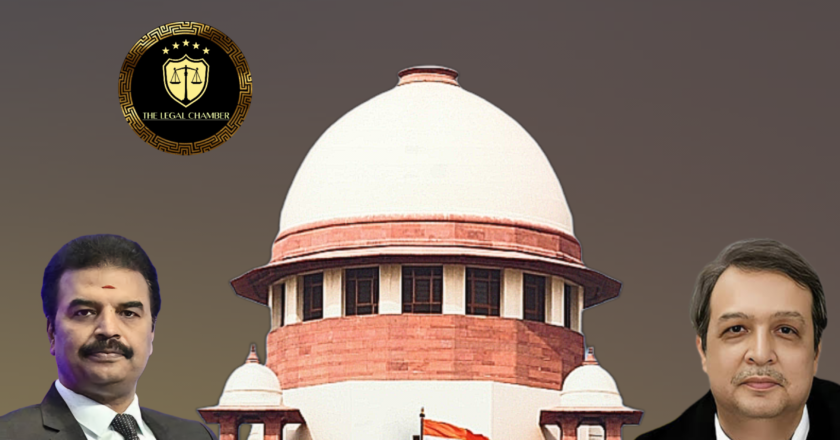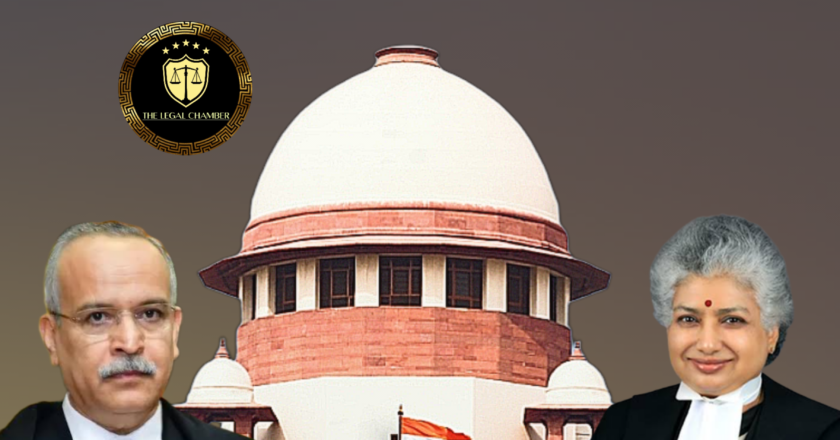Supreme Court’s Landmark Ruling :The Problem with Extra-Judicial Confessions
The Supreme Court acquitted the accused, holding that the prosecution failed to prove guilt beyond reasonable doubt. The conviction, based on extra-judicial confession and circumstantial evidence, was unsustainable as the confessions were unreliable and the circumstantial chain was incomplete, violating the principles established in Sharad Birdhichand Sarda. The benefit of doubt was accorded to the appellant.
Facts Of The Case:
Neelam Kumari, the appellant, was convicted under Section 302 of the Indian Penal Code for the murder of her infant son. The prosecution's case was that on December 8, 2006, after returning with her husband, Nikku Ram, from his ancestral village, she was left alone with the child at their home in village Nand. When Nikku Ram returned later that evening, both the a...



